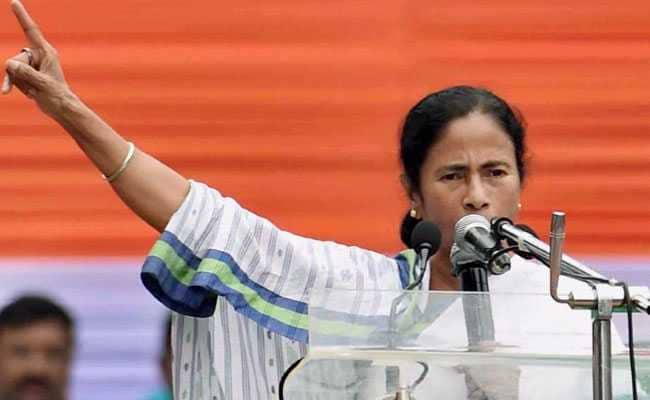
Mamata Banerjee's government in West Bengal suffered a legal setback today as it was questioned by the Supreme Court for challenging the linking of the Aadhaar or national identification number to government welfare schemes. How can a state government challenge parliament's mandate, the court asked, suggesting that Chief Minister Mamata Banerjee file a case in her personal capacity. Bengal's petition is separate from 22 others challenging the linking of Aadhaar to welfare schemes, which was transferred to a five-judge constitution bench of the country's most senior judges.
Here is your 10-point guide to the story:
The court, questioning the Bengal government's right to challenge a central law, said: "Let Mamata Banerjee come and file a plea as individual. We will entertain it as she will be an individual."
The Chief Minister said: "We accept the Supreme Court's observations. They have not rejected my petition."
The Bengal petition, along with Raghav Tankha's case challenging the linking of Aadhaar to mobile phones, was taken up separately from a batch of 22 petitions heard by the Chief Justice of India, Dipak Misra. These were referred to the constitution bench, which will start hearing the petitions in the last week of November.
The centre says that the 12-digit unique ID or Aadhaar assigned to citizens is a must for government services, filing returns, financial transactions and mobile phones services. Over a billion Indians have already registered for Aadhaar cards, which ascribe unique ID numbers, and record fingerprints and iris scans of each person.
Activists say the mandatory Aadhaar linking to schemes - meant to minimize fake beneficiaries in the system - has left many desperate for food as they were refused ration.
After recent reports of poor families being denied subsidized food grain in Jharkhand for not having Aadhaar cards, the centre asked states to ensure that no one is deprived of food.
Aadhaar was set up to be a secure form of digital identification for citizens, one that they could use for government services.
Critics say the Aadhaar identity card links enough data to allow profiling because it creates a comprehensive profile of a person's spending habits, friends and acquaintances, property and other such data.
In August, the Supreme Court had ruled that privacy is a fundamental right, though subject to reasonable restrictions. While acknowledging the right to privacy, Supreme Court judges asked the government to introduce legislation and measures to ensure that data is protected.
The government last week extended the deadline for linking Aadhaar to government welfare schemes to March 31 from the end of the year, but only for those who do not have an Aadhaar card yet.

